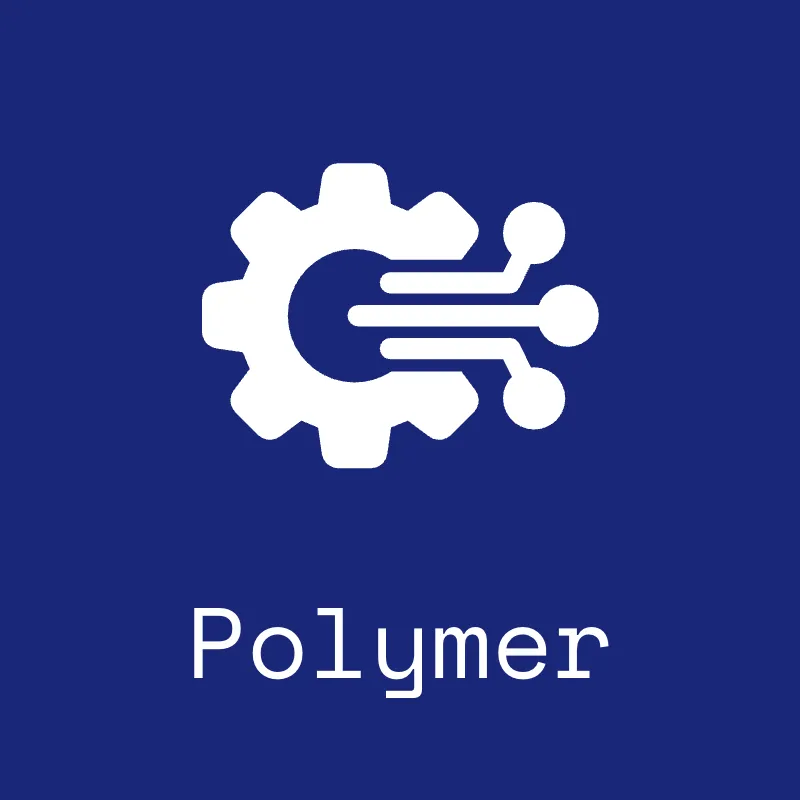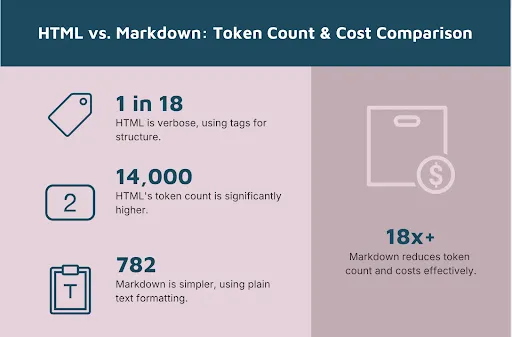If you are involved in the web and marketing industry, “Headless CMS” and “Decoupled frontends” are likely terms you have heard floating around. Today we are going to dig into the top 5 reasons why you would want to consider a Decoupled frontend solution for your next website.
What is a decoupled website?
A decoupled website is an architecture where the front-end and back-end of the website are separated and communicate through APIs. This architecture allows for greater flexibility in terms of the technologies used for each part of the website. The front-end can be developed using a JavaScript framework, such as React or Angular, and the back-end can be built using a traditional CMS, such as Drupal or WordPress.
The separation of front and back end architecture allows for several key benefits, such as:
- Flexibility
- Improved performance
- Easier maintenance
- Better scalability
- Better developer experience
With a decoupled approach, the front-end can be updated, changed, scaled, or even replaced independently from the back-end, allowing for a more dynamic and flexible approach to web development.
5 reasons to consider a decoupled website:
- Flexibility: Using decoupled architecture for the front-end and back-end of a website allows for greater flexibility and mobility of your website. As mentioned above, this means that the front-end can be developed using a JavaScript framework, such as React or Angular, while the back-end can be built using a traditional CMS such as Drupal or WordPress.
- Improved performance: Using decoupled architecture can lead to improved performance, as the front-end can be optimized for faster loading times and better user experience.
- Easier maintenance: By separating the front-end and back-end of a website, it can be easier to maintain and update each component independently, which can make development and deployment faster. Check out our blog on High Impact Decoupled Websites to dive deeper into some of these benefits.
- Better scalability: Decoupled websites can be more scalable as it allows for the front-end and back-end to be scaled independently, allowing for a more efficient distribution of resources, and better handling of high traffic sites.
- Better developer experience: Decoupling allows developers to work both independently and concurrently on their respective parts of the website. This can lead to faster, higher quality and more reliable delivery from your teams.
If you're looking to kick off your next website project and want to know if a decoupled approach is right for you, schedule a free consultation with one of our architects. Our team is ready to help you identify the right website approach to help your business achieve its goals. Whether you're looking to improve performance, scalability, or user experience, we can help.


